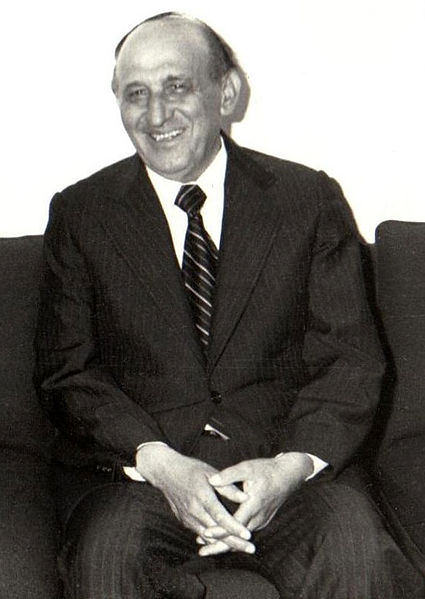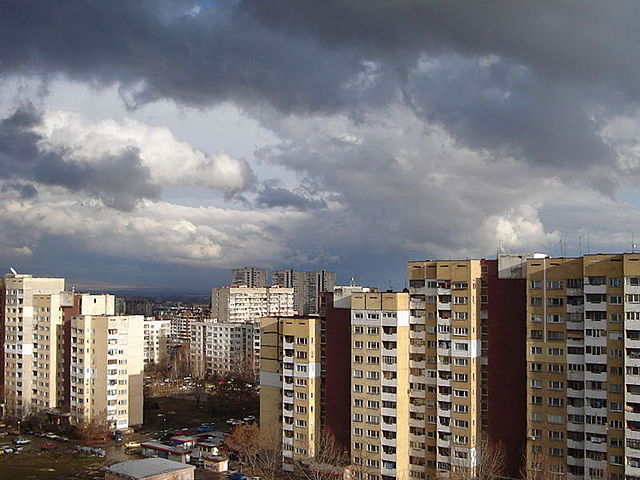The "Revival Process" or the "Process of Rebirth" refers to a policy of forced assimilation practiced by the socialist Bulgarian government in the 1980s (1984-1989). It was the culmination of a series of repressive assimilationist campaigns directed at the country's Muslim minority. The "Revival Process" was in turn followed by the forced expulsion of over 300,000 Muslims in 1989.
Turks in Bulgaria protest for the return of their original names.
People's Republic of Bulgaria
The People's Republic of Bulgaria was the official name of Bulgaria when it was a socialist republic from 1946 to 1990, ruled by the Bulgarian Communist Party (BCP) together with its coalition partner, the Bulgarian Agrarian People's Union. Bulgaria was closely allied and one of the most loyal satellite states of the Soviet Union during the Cold War, sometimes being called the 16th Soviet Republic rather than an independent country. Bulgaria was also part of Comecon as well as a member of the Warsaw Pact. The Bulgarian resistance movement during World War II deposed the Kingdom of Bulgaria administration in the Bulgarian coup d'état of 1944 which ended the country's alliance with the Axis powers and led to the People's Republic in 1946.
1961 USSR stamp marking the 15th anniversary of the People's Republic of Bulgaria
Georgi Dimitrov, leader of the Bulgarian Communist Party from 1946 to 1949
Todor Zhivkov
Pre-fabricated apartment blocks in Mladost, Sofia





